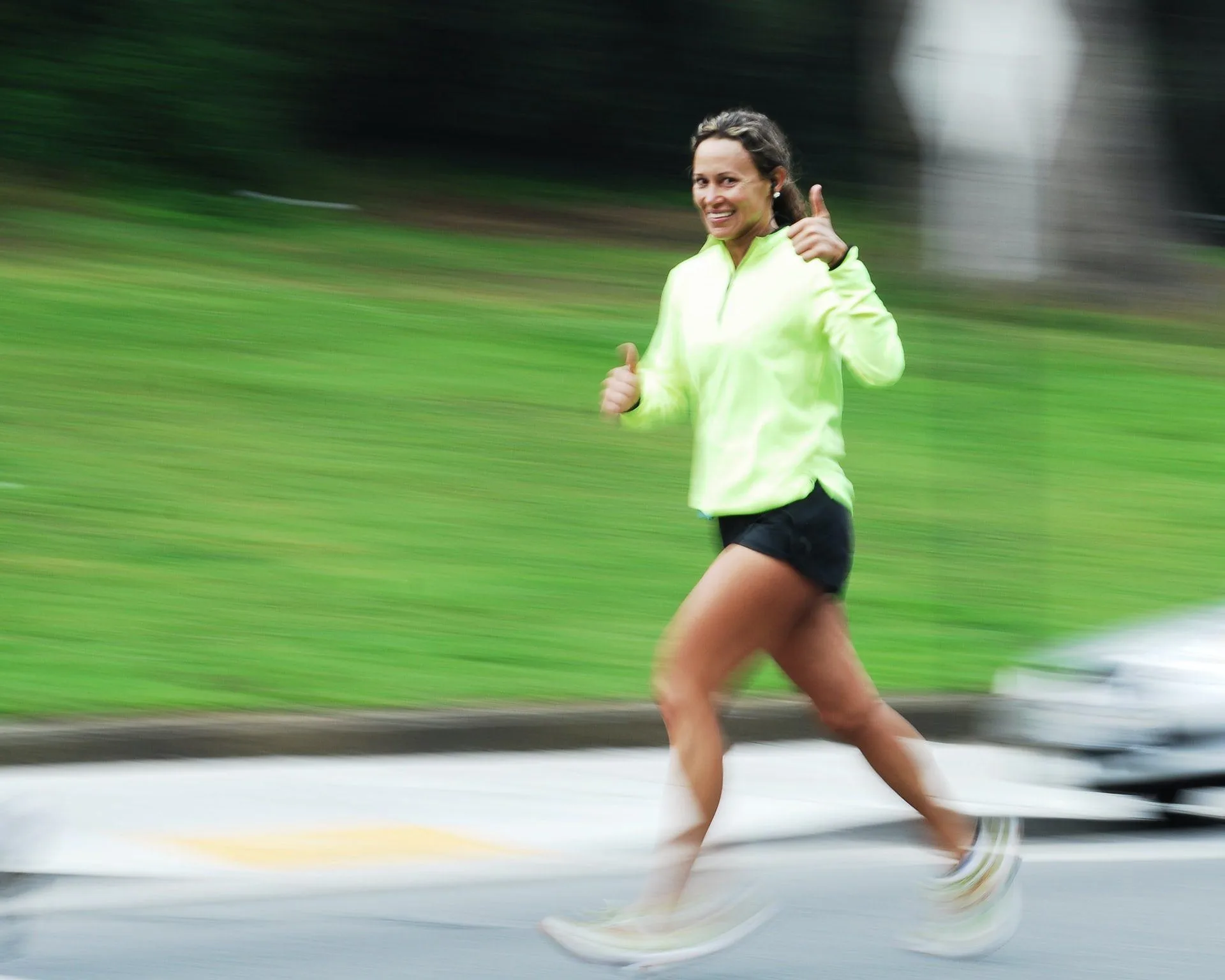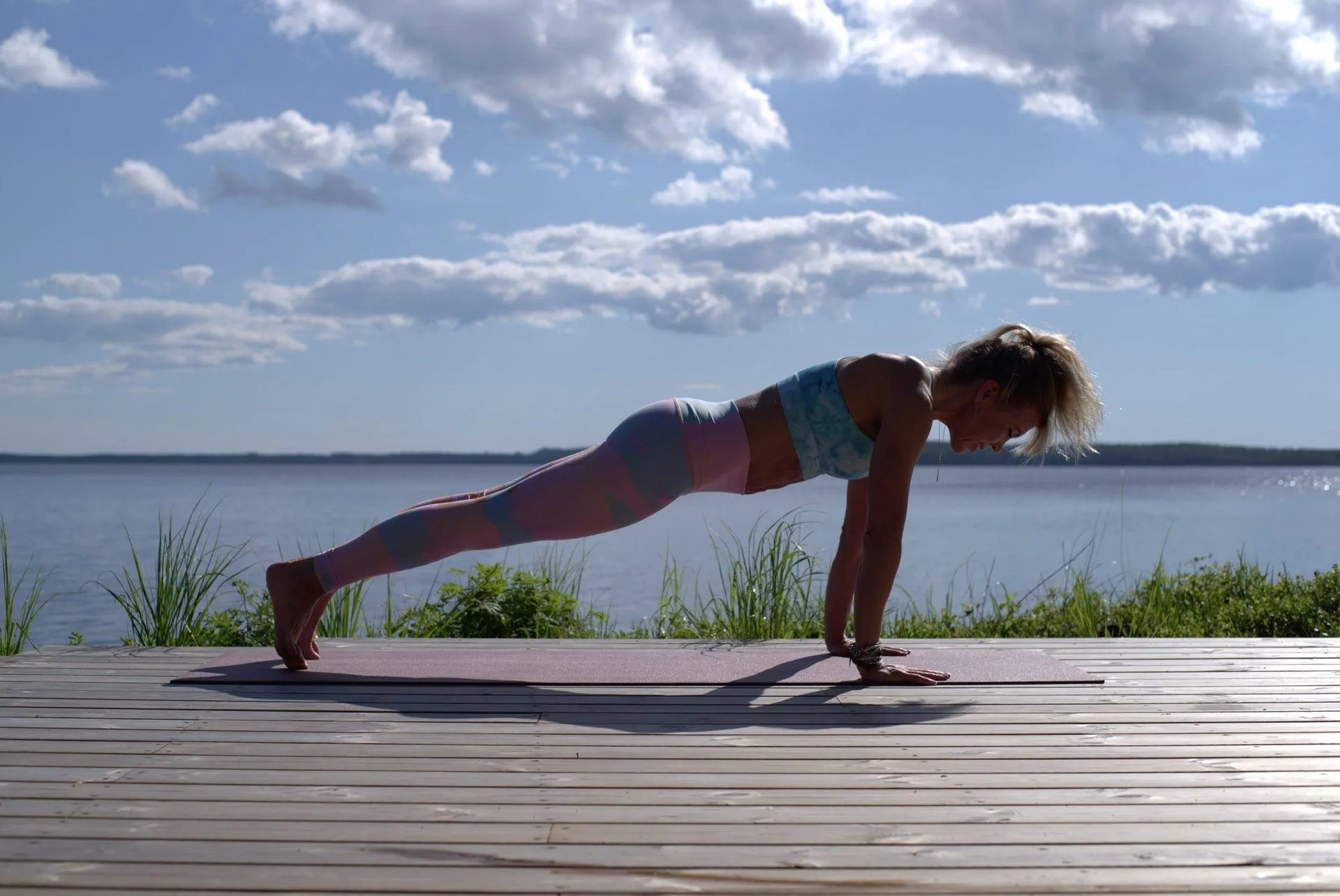We love our coffee, and most of us cannot do without it. The argument about whether coffee is a healthy drink has raged on for ages. Drinking coffee before working out is an issue with a lot of contention. Some say it can help with exercise and others say it cannot.
Coffee is a fascinating beverage that affects the body in equally fascinating ways. Taking coffee before exercising has been shown to have positive effects.
How Does Coffee Impact Your Fitness Goals?
The following is how drinking coffee before you work out can help you stick with your fitness goals:
Energy Boost

Photo by andrew dinh on Unsplash
Some studies show that coffee boosts energy levels, which is vital before working out, especially if you work out in the morning. The stimulation can give you the energy you need to get out of the house or the office to go and work out. You can visit here and try getting a coffee box specifically for working out, and you can see how much it costs.
Coffee produces a significant effect within fifteen minutes of drinking it. Therefore, it can help you go to the gym and achieve your fitness goals by giving you a much-needed energy boost, especially when you do not feel like going.
Fat Burning
One of the most common fitness goals is achieving a low body fat percentage. Ten percent for men and fifteen percent for women is ideal and means you have significantly higher muscle mass.
Coffee can help you achieve your body fat goal as it helps burn fat. Coffee increases fat oxidation, especially if you drink coffee in the morning before you work out on an empty stomach.
The coffee fat-burning effect will continue even after your exercise session, meaning you lose fat even when you are not working out. Part of the energy boost from taking coffee stems from how it releases fat stores into the bloodstream.
Improved Performance
Achieving your fitness goals is also about increasing your athletic performance. It is especially effective in improving the performance of endurance athletes. If you can squat 200 pounds, your goal might be to squat 300 pounds, which means an increase in performance, which coffee can help you do.

Photo by Minna Hamalainen on Unsplash
Several studies have shown that consuming caffeine, the main active ingredient in coffee, can help improve performance before a workout. It may not be a giant leap per workout session, but it will add up over time, given you don’t drink too much coffee. Moreover, seeing improvements will help you stay motivated and help you achieve your fitness goals.
Improved Cognitive Function
Caffeine has been proven to improve focus when performing various tasks, including exercise. Caffeine is a natural stimulant that can improve cognitive function and enhance focus and concentration.
As it pertains to exercise, better cognitive function means that you are more alert when performing athletic feats, which will lead to better performance and achieving fitness goals. It also means you can sustain high-intensity levels when working out, which will produce superior results for non-coffee drinkers.
Reduces Muscle Pain
The soreness one experiences after exercise is one of the reasons why most people fail to achieve their fitness goals. Drinking coffee after a workout can reduce post-workout muscle soreness.
Some studies have shown that people who consume caffeine after a workout take less time recovering than those who do not. With better recovery, you will be fresher the next day and will be able to perform better, leading to achieving your fitness goals.
![nap [longevity live]](https://longevitylive.com/wp-content/uploads/2019/05/beverage-brewed-coffee-caffeine-374885-jpg.webp)
Takeaway
Coffee contains caffeine, which is a stimulant with incredible effects on the body. Research shows caffeine can help in various aspects of fitness, including reducing muscle pain, improving cognitive function, improving athletic performance, boosting energy, and fat burning. It is up to you to experiment with coffee and see its effects on your body.



![women [longevity live]](https://longevitylive.com/wp-content/uploads/2020/01/photo-of-women-walking-down-the-street-1116984-100x100.jpg)










